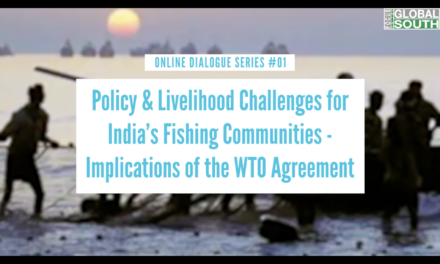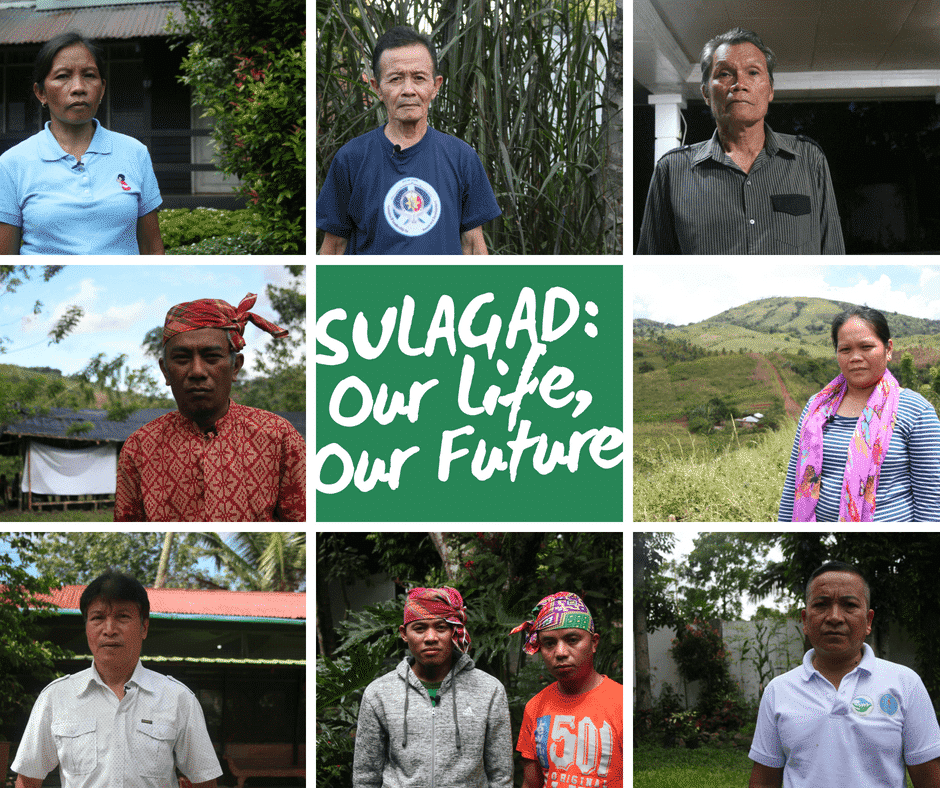Groups in Mindanao are mobilising against neoliberal policies
(Davao City, November 18, 2004)
A two-day civil society meeting concludes on the importance of trade policies in solving the issue of hunger and poverty in Mindanao. According to a recent SWS survey, 23% of the households in Mindanao are suffering from hunger. But why does hunger persist in a resource-rich region like Mindanao? And how should this problem be resolved?
The Consultation on food, agriculture and trade policies in Mindanao
was organised by the Alternative Forum for Research in Mindanao (AFRIM), Focus on the Global South and The Philippine Rural Reconstruction Movement- Mindanao (PRRM).
Representatives of farmers, workers, small producers, indigenous people, NGO workers, business people, food processors and manufacturers, commercial farm, agribusiness sector and consumer group gathered on November 17 and 18 to debate and confront these questions.
The participants noted that hunger was not a result of poor natural resources because Mindanao is a very rich area in terms of natural resources. The root causes of hunger and poverty lie on access to and ownership of resources (land and water) and on access to economic factors. The groups highlighted the importance of food and agricultural trade policies to solve this crisis.
Commitments under the World Trade Organisation and bilateral and regional trade agreements are seriously affecting various food producing sectors in Mindanao.
This is why a broad coalition of NGOs, farmers and consumers organisations are planning massive mobilisations in the coming months against the next ministerial WTO conference in Hong Kong in December 2005. They decided to revive the campaign started by the Stop the New Round! in 2003. The ministerial conference is aiming at the conclusion of a new round of liberalisation based on the “July framework” agreed upon in Geneva by the WTO General Council.
FOCUS on THE GLOBAL SOUTH
Davao City, Felis Resort, Matina, Aplaya, November 18, 2004
Also See: The Politics of Hunger (powerpoint presentation 2.16 MB)
Towards Mutual Understanding: The Development Roundtable Process (powerpoint presentation)
(powerpoint presentation)
The Breadth of NGO Advocacy on the WTO (powerpoint presentation)
From Cancun to Hong Kong: Trade Campaign Updates and Proposals (powerpoint presentation)








